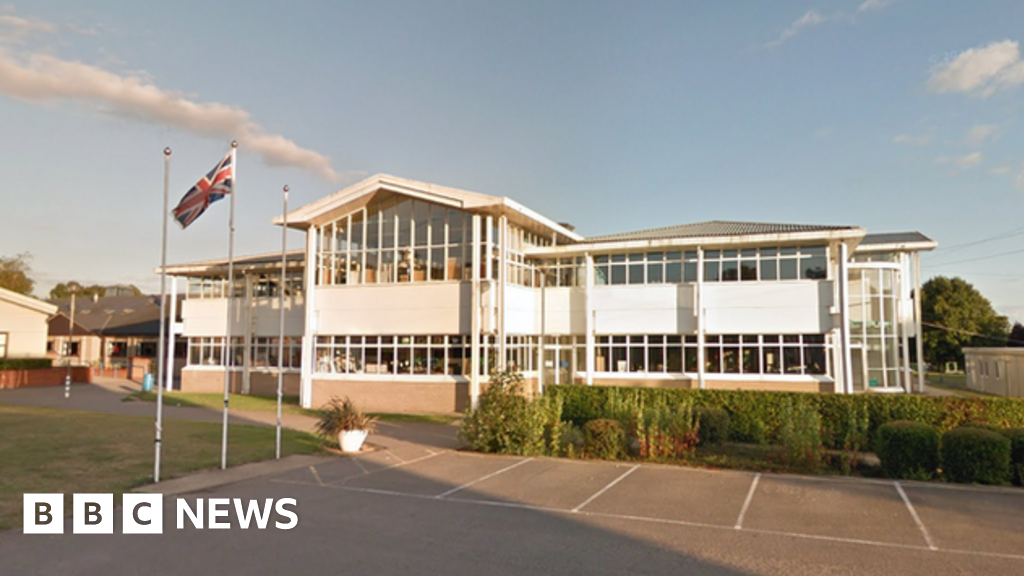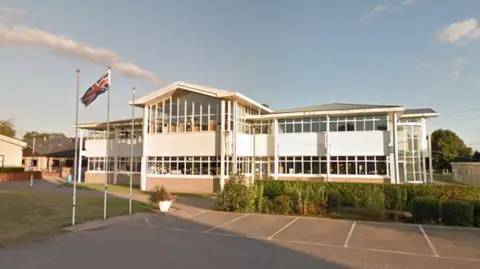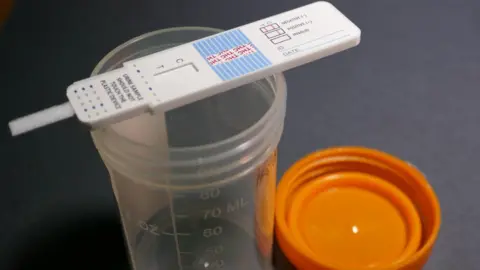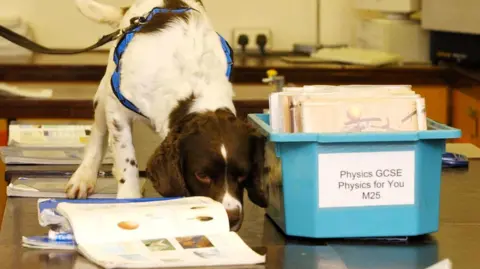


By Andy Trigg, BBC News, Norfolk
 Google
GoogleA top state secondary school and sixth form is set to begin drug testing students as part of a new safeguarding policy.
Wymondham College in Norfolk said it wanted to meet the “growing national concern” of young people being exposed to illegal drugs.
In a letter to parents, seen by the BBC, it said students would be asked to provide a urine sample if there was “reasonable suspicion of drug or substance abuse”.
It advised parents to discuss the new policy with their children and said information assemblies would be held at school.
 Getty Images
Getty ImagesThe new policy, published on the school’s website, said urine samples would be handed to the school nurse for testing, and the student’s “dignity and personal privacy” would be respected during the process.
It said: “A refusal by a pupil to undergo a test, without good reason, will be deemed as an admission of guilt and will be dealt with as if a test was returned positive.”
Students faced being suspended or permanently excluded if caught dealing or using drugs, or failing to provide a test without good reason.
Children aged under 16 could be asked to provide a test providing they are of “sufficient maturity and that they fully understand the situation”.
The letter, signed by vice principals Julie Marsh and Dale McMorran, said the school was “aligning its response with other schools nationally”.
“This policy is important for the maintenance of good order and discipline within the community and will support our students to make safe, healthy and responsible decisions about drugs, both legal and illegal,” it said.
“By working together, we can help young people to navigate their way through what is a complex social issue and safeguard everyone within the community.”
 PA Media
PA MediaA spokesperson for Wymondham College said: “We have reviewed our policies and are introducing something that is common practice across boarding schools nationally.
“Having been judged by Ofsted as ‘outstanding’ for boarding and education this academic year, we constantly review our policies and procedures. This move has been welcomed by our parents, pupils and staff.”
An NHS report, published in 2022, suggested 18% of secondary school students in England had taken drugs, compared with 24% in 2018.
The Association of Chief Police Officers (ACPO) recommends that drug testing and sniffer dogs should not be used in schools where there is no evidence of drugs on school premises.
Its advice says schools “may choose to make use of drug dogs or drug testing strategies if they wish” and that it is advisable to consult the local police.
Wymondham College’s new policy is expected to be introduced on 1 September.